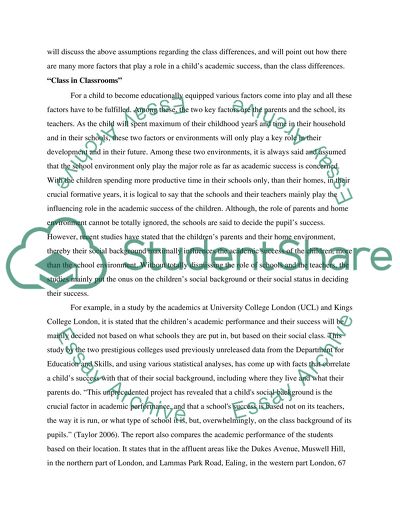Cite this document
(“CONTEMPORARY ISSUES IN EDUCATION and TRAINING Essay”, n.d.)
Retrieved from https://studentshare.org/environmental-studies/1420807-contemporary-issues-in-education-and-training
Retrieved from https://studentshare.org/environmental-studies/1420807-contemporary-issues-in-education-and-training
(CONTEMPORARY ISSUES IN EDUCATION and TRAINING Essay)
https://studentshare.org/environmental-studies/1420807-contemporary-issues-in-education-and-training.
https://studentshare.org/environmental-studies/1420807-contemporary-issues-in-education-and-training.
“CONTEMPORARY ISSUES IN EDUCATION and TRAINING Essay”, n.d. https://studentshare.org/environmental-studies/1420807-contemporary-issues-in-education-and-training.


